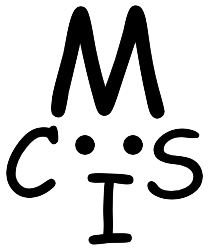Maintenance
MCIS helps practitioners maintain their software systems. For example, which
files should be tested or fixed first and by who? Which bug to fix first? Did the performance of our system
degrade compared to the previous release? How can we improve the energy consumption of our system? Will this
change have nasty consequences on other features?
Read More
Construction
MCIS helps practitioners release their products faster, but without sacrificing
quality. For example, how healthy is the build system? How are implementation changes by
different development teams integrated and tested towards inclusion in the next release? How can we prepare
our development process and software system for continuous
delivery?
Read More
Intelligence
MCIS' helps practitioners understand their software systems and construction
infrastructure. For example, how does the concrete architecture of this software component look
like? What features and functionality has the development team been working on? Which contributors have been
the most productive? How does our construction infrastructure work?
Read More







